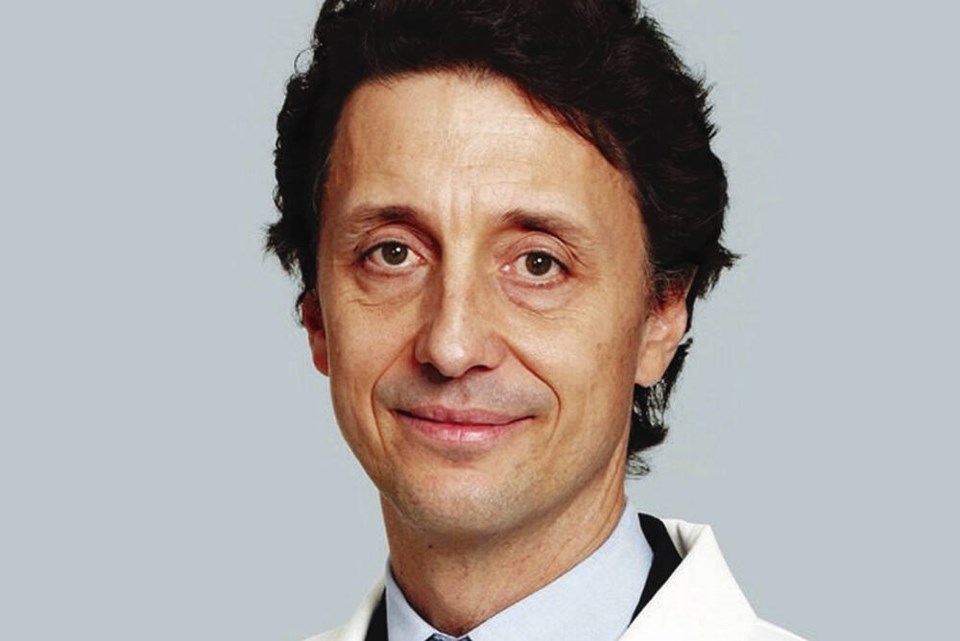I am sorry, but it is very likely that the cancer has come back somewhere in your body. However, this is not 100 per cent certain.

Dear Dr. Roach: I am a healthy 89-year-old United States Army veteran. In August 2017, I was diagnosed with advanced prostate cancer and was treated with Lupron and radiation. These treatments have given me new life, with my PSA level initially being undetectable, but my PSA slowly rose in 2023 and 2024. Then on April 28, it elevated to 29.3 ng/mL, at which time my oncologist prescribed an antibiotic. But my PSA became even higher — up to 34.8 ng/mL.
Currently, I feel physically fine with no sign of discomfort or pain, and there are no significant issues with my overall health or urination. I have to urinate three times a night normally, then recently up to six times a night back in April. But after the antibiotic, it went back to three times per night.
These elevated numbers and the sudden rise from early 2024, followed by a huge leap in April 2025 to my current state, are very troubling and of great concern!
S.O.
I am sorry, but it is very likely that the cancer has come back somewhere in your body. However, this is not 100 per cent certain. Your oncologist considered one other possibility — a prostate infection, which is another cause for a high PSA level. But the steady rise and current level being over 30 ng/mL make recurrence likely. This is sometimes called a “biochemical recurrence” as you are having no other signs or symptoms of prostate cancer.
I suspect your doctor will order some radiology tests, possibly a bone scan to look for the distant spread of cancer, and a CT scan of the pelvis to see whether there is any local disease. Once they know for sure whether the cancer is back, they can give you options for treatment.
For disease in the original area, a high-intensity focused ultrasound is an option to reduce the amount of tumours. Additional medications, such as enzalutamide (Xtandi), are sometimes used along with Lupron for men in your situation.
Dear Dr. Roach:I have three medications — levothyroxine, Rybelsus and glipizide — all of which ask that they be taken a half hour before other meds and breakfast. May I take the three together? It is difficult to do all three as instructed.
J.N.
Rybelsus, the oral form of semaglutide, has several actions to bring down blood sugar, one of which is to slow down the stomach from emptying. This makes you feel fuller and less hungry, promoting weight loss. However, when taken at the same time as levothyroxine (thyroid hormone) or glipizide (another medication for diabetes), this can make their absorption a little better than it otherwise would be. This means that your thyroid level might get a little higher, and also that glipizide might make your blood sugar a little lower.
The increased levels of thyroid and diabetes medications might not be enough to affect your levels. However, it might be best to take Rybelsus first, then levothyroxine and glipizide a half hour later.
Dr. Roach regrets that he is unable to answer individual letters. Readers may email questions to[email protected].